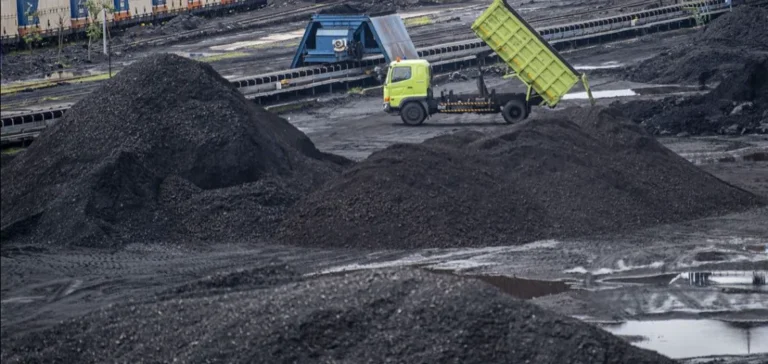One of Brazil’s last coal-fired power plants, located in Candiota in the state of Rio Grande do Sul, resumed operations following an investment by Ambar Group, controlled by billionaire brothers Wesley and Joesley Batista. This restart occurs in an energy landscape where renewable sources account for more than 80% of national electricity production.
A legislative framework supporting coal retention
The Brazilian Congress recently passed a law extending contracts for plants using domestic coal until 2040. Officially intended to ensure supply security, the measure runs counter to the climate targets Brazil promotes. The law, still awaiting final approval by President Luiz Inácio Lula da Silva, directly affects the Candiota plant, whose previous contract expired in 2024.
The government also made coal plants eligible for an upcoming capacity auction scheduled for March, aimed at reinforcing grid stability. The Ministry of Mines and Energy (Ministério de Minas e Energia, MME) justifies this inclusion by the need to ensure continuous generation during low solar and wind output.
Criticism over the coherence of energy policy
Sector experts have criticised the strategy, arguing that coal plants are not designed for rapid activation and that their inclusion in the auction undermines the flexibility of the power system. According to them, the persistence of coal reflects the enduring influence of the mining industry and the absence of long-term energy planning.
Ambar Group defends its position by highlighting the availability and reliability of local coal, which it views as an asset for grid stability. The company denies using political influence to extend its operations and accuses opposing organisations of representing the interests of large industrial consumers.
Regulatory void on regional energy transition
The lack of a clear regulatory strategy for the reconversion of the Candiota region raises social concerns. Shutting down the plant and its supplying mine could result in the loss of around 10,000 direct and indirect jobs. Trade unions and local stakeholders are calling for a more defined legal framework to support a fair and gradual transition to other sectors.
Some local initiatives in agri-food and olive oil production offer limited prospects. However, amid uncertainty, a segment of the workforce has begun retraining for jobs in the renewable energy sector, anticipating a future where coal may no longer enjoy current political support.






















